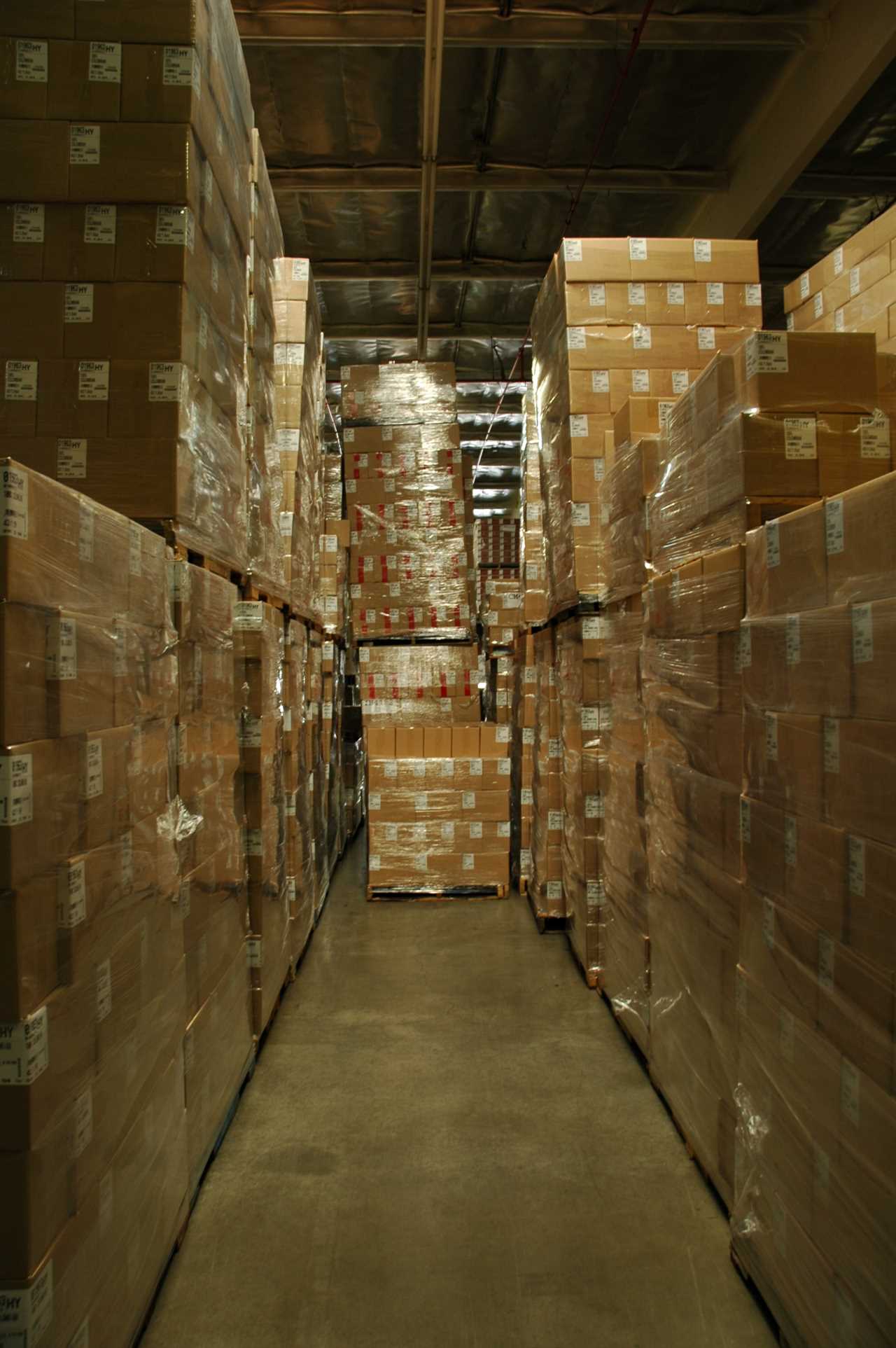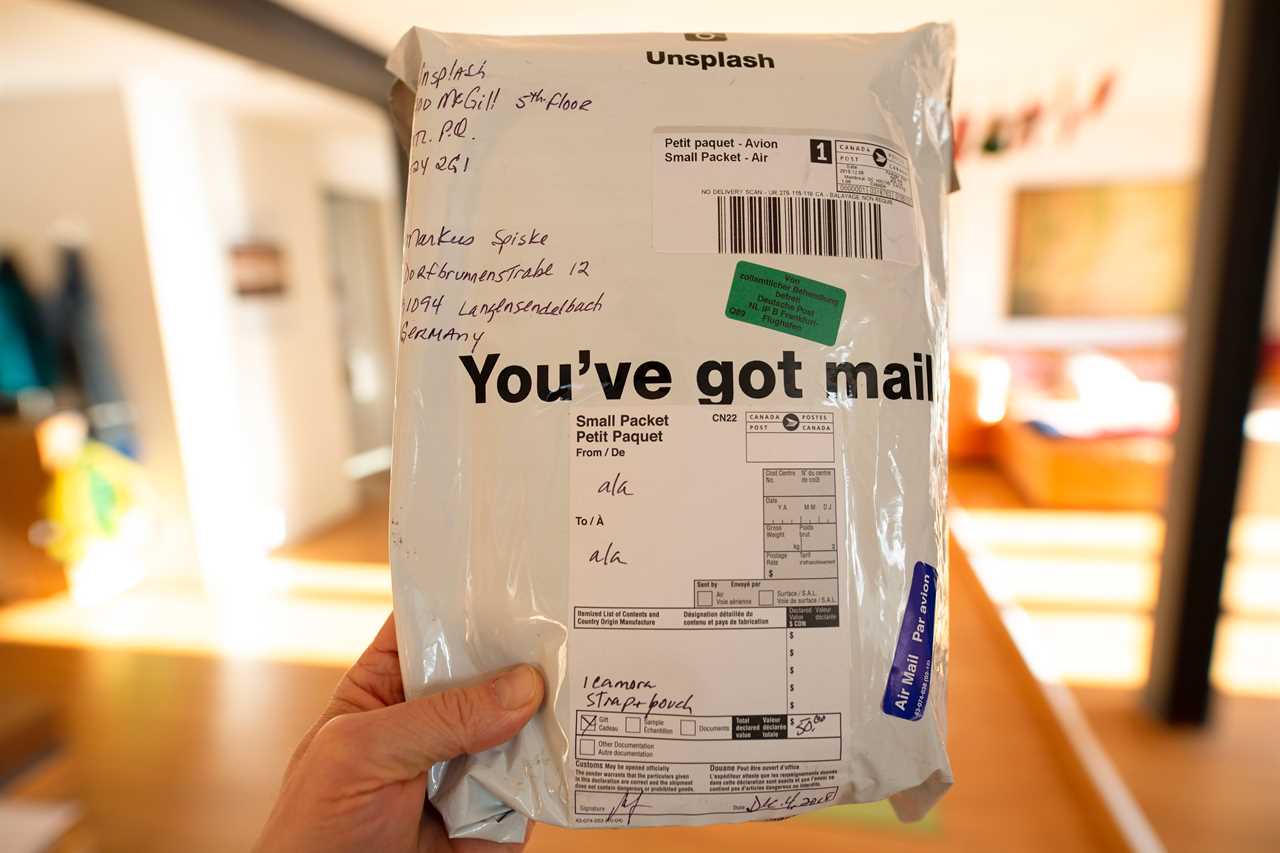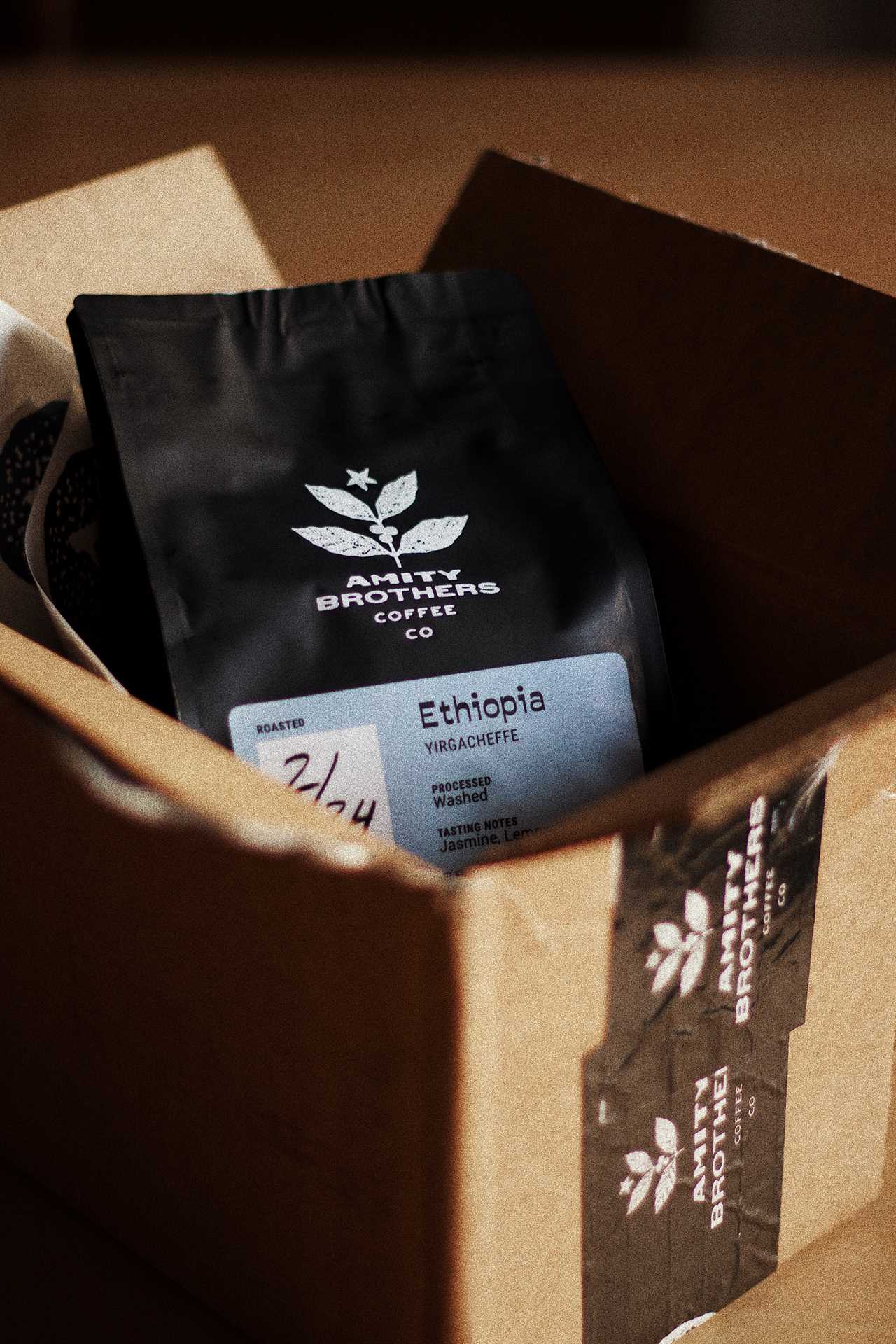
In the vast world of online selling, there is a symbol of freedom and convenience that stands out among the rest: Amazon FBA. This ultimate guide delves into the intricacies of Amazon FBA, revealing its inner workings and shedding light on what it means to be an FBA seller.
With FBA, sellers can effortlessly store their products in Amazon’s fulfillment centers, allowing them to focus on what truly matters: reaching a wide customer base and growing their business.
So, if you’re ready to embark on a journey of flexibility and success, let’s explore the wonders of Amazon FBA together.
Key Takeaways
- FBA allows sellers to store their products in Amazon’s fulfillment centers, streamlining operations and leveraging Amazon’s infrastructure.
- Becoming an Amazon FBA seller is open to individuals, small businesses, and larger enterprises, and requires a product to sell and setting up an Amazon seller account.
- Amazon handles inventory management, order placement, shipping, customer service, and returns for FBA sellers, charging fees for these services.
- Factors affecting income for FBA sellers include product selection, sales volume, profit margins, expenses, competition, and business performance. Thorough research and careful expense planning are necessary for starting an FBA business.
The Basics of Amazon FBA
FBA allows sellers to store their products in Amazon’s fulfillment centers, streamlining operations and providing services such as storage, packaging, shipping, and customer service. This allows sellers to focus on other aspects of their business, such as product sourcing and inventory management.

With FBA, sellers have the freedom to source products from various suppliers, whether it’s their own branded items, products sourced from wholesalers or manufacturers, or unique handmade goods. Amazon takes care of the inventory management, ensuring that products are always available and ready to be shipped to customers. This eliminates the need for sellers to worry about storing and organizing their inventory.
FBA provides a hassle-free solution for sellers, allowing them to focus on growing their business and maximizing their profits.
Getting Started: Becoming an FBA Seller
To become an FBA seller, individuals, small businesses, and larger enterprises can take the first step by finding a product to sell. Product sourcing is a crucial aspect of starting an Amazon FBA business. Sellers have the option to sell their own branded items, source products from wholesalers or manufacturers, or offer unique handmade goods. It is important to research the market demand, profitability, and competition for potential products.
Once the product is chosen, sellers can proceed to set up an Amazon seller account. Effective inventory management is another key factor in becoming a successful FBA seller. Sellers must monitor their inventory levels, ensure timely restocking, and optimize storage space in Amazon’s fulfillment centers. By effectively managing inventory, sellers can avoid stockouts, meet customer demand, and maximize their sales potential.

How Amazon FBA Works: A Step-by-Step Guide
Sellers can send their products to Amazon Fulfillment Centers where inventory management, order placement, and the pick, pack, and ship process are handled. This step-by-step process of Amazon FBA helps sellers streamline their operations and reach a wide customer base.
Once the products are received at the fulfillment center, Amazon takes care of storage, packaging, shipping, and even customer service. Sellers can track their inventory, monitor sales, and access reports through Amazon’s Seller Central platform.
FBA inventory management best practices include regularly updating product quantities, optimizing storage space, and maintaining accurate product information.
Maximizing Profit: Financial Aspects of FBA
Factors such as product selection, pricing strategy, and expenses all play a significant role in determining the income potential and profitability for Amazon FBA sellers.

Calculating expenses is crucial for maximizing profit in the FBA business. Sellers need to consider various costs, including fulfillment fees, storage fees, and removal or disposal fees. Thorough research and careful expense planning are necessary, especially for those starting an FBA business with a limited budget.
Pricing optimization is another key aspect to consider. Sellers should analyze market demand, competition, and profit margins to set competitive prices that attract customers while ensuring profitability. By implementing effective pricing strategies, FBA sellers can increase their chances of success and financial growth.
It is essential for sellers to understand and manage their expenses and pricing strategies to maximize their profit potential in the competitive Amazon FBA marketplace.
Tips and Strategies for a Successful Amazon FBA Business
Successful Amazon FBA businesses implement effective pricing strategies and carefully manage expenses to maximize their profit potential in the competitive marketplace.

One key aspect of running a successful FBA business is product sourcing. It is crucial to find reliable wholesale suppliers and manufacturers that offer high-quality products at competitive prices. Thorough research and due diligence are necessary to identify profitable product opportunities and meet market demands.
Another important factor is efficient inventory management. FBA sellers must optimize their inventory levels to avoid stockouts or excessive storage fees. Utilizing tools and software to track sales, monitor inventory, and forecast demand can help streamline operations and ensure smooth order fulfillment.
In addition, regularly analyzing sales data and market trends can inform pricing decisions and identify opportunities for growth. By staying informed and proactive, FBA businesses can make informed decisions that drive profitability and success in the ever-evolving Amazon marketplace.
Frequently Asked Questions
What Are the Specific Steps Involved in Registering a Business for Amazon Fba?
To register a business for Amazon FBA, specific steps include researching legal requirements, choosing a business structure, registering with the appropriate government agencies, obtaining any necessary permits or licenses, and providing business information to Amazon during the seller account setup process.

What Are the Best Practices for Optimizing Product Listings on Amazon Fba?
Optimizing product listings on Amazon FBA is crucial for success. By strategically optimizing keywords and optimizing product images, sellers can increase visibility and attract more customers, leading to higher sales and greater profitability.
How Can Sellers Effectively Analyze Sales Data and Monitor Market Trends on Amazon Fba?
Sellers effectively analyze sales data and monitor market trends on Amazon FBA using various techniques. They can utilize tools like Amazon’s Seller Central platform, track key performance indicators, conduct market research, and stay updated on industry trends to make informed business decisions.
What Are Some Key Considerations When Choosing a Product Category to Sell on Amazon Fba?
When choosing a product category to sell on Amazon FBA, key considerations include conducting thorough product research and competition analysis. These steps are crucial in identifying profitable niches and ensuring success in the competitive marketplace.
Are There Any Restrictions or Guidelines for Packaging and Labeling Products for Amazon Fba?
Packaging requirements and labeling guidelines for Amazon FBA ensure products are properly protected and easily identifiable. Compliance with these guidelines is crucial to avoid any issues with storage, shipping, and customer satisfaction.



